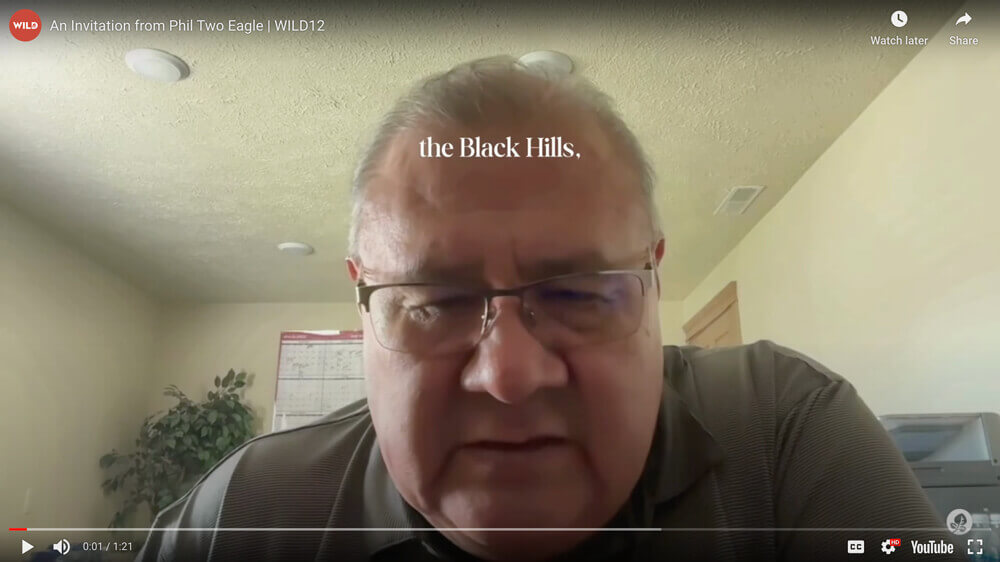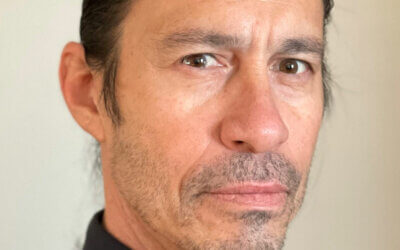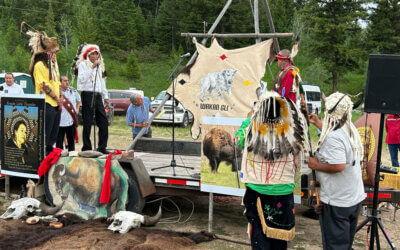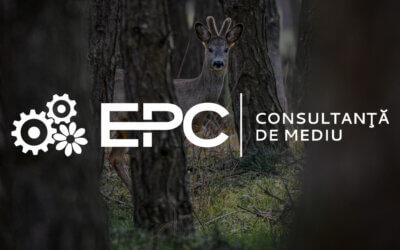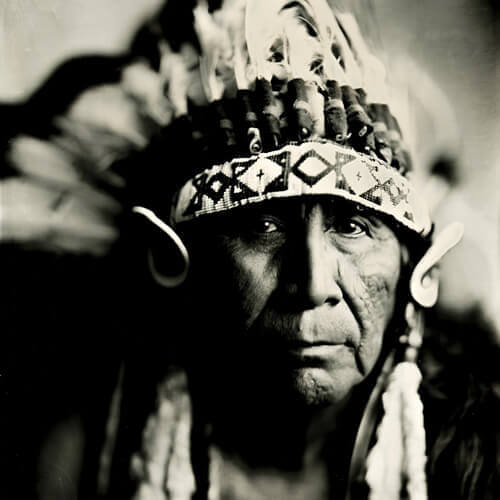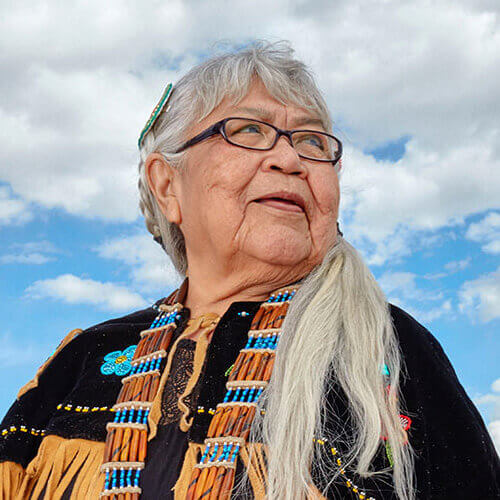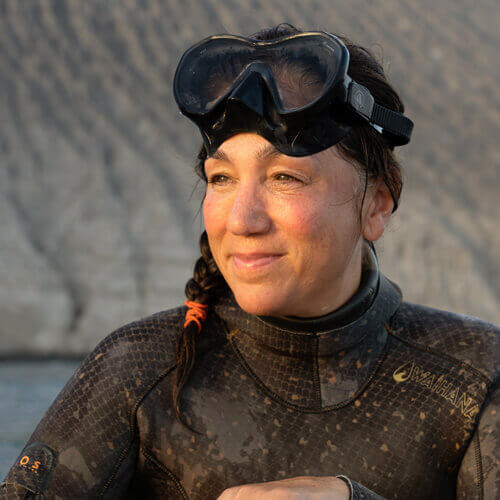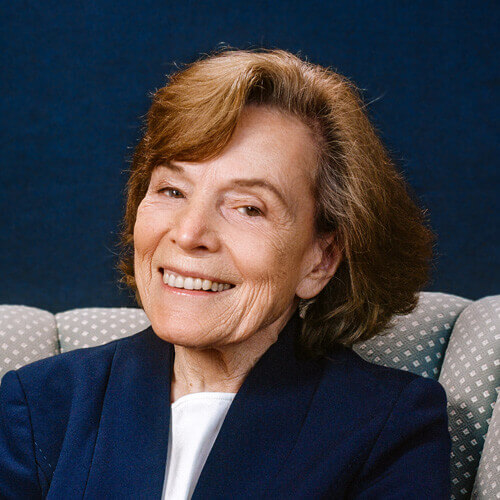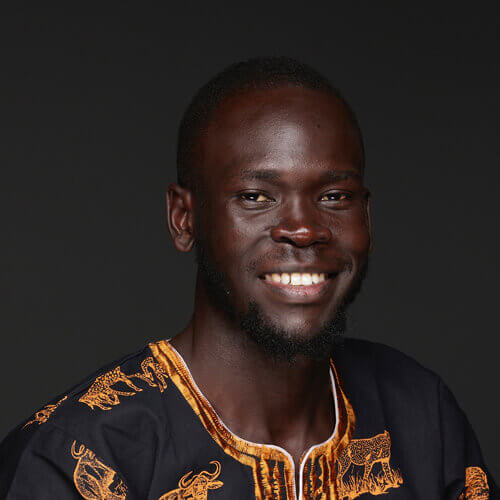Announcing the 12th
World Wilderness Congress
WILD12 – The Sovereign Wild
Protecting the biosphere at a planetary scale is difficult, requiring coordination and action globally.
Opportunities are few and far between to meet and work together across cultures and boundaries. This is why the global community of environmental activists needs you to attend the next World Wilderness Congress!
About The Congress
Since 1976, the World Wilderness Congress has helped nature defenders from around the world gather to develop new strategies and actions for our wild Earth.
Beginning in South Africa as a partnership between famed South African game ranger, Ian Player, and his Zulu mentor, Magqubu Ntombela (you can read more about their friendship here), the Congress was convened to bring together wilderness advocates from around the world to address the root cause of the environmental crisis: a broken relationship with nature.
We invite you to join WILD12, the next gathering of the World Wilderness Congress to be a part of a historic moment when wilderness is reinterpreted through the lens of traditional cultures, rooting Indigenous principles and lifeways at the center of the movement to keep Earth wild.
About WILD12’s Hosts
The Sicangu Lakota Treaty Council
The Seven Council Fires of the Lakota Nation are the traditional decision-makers in Lakota Society, and the signers of the 1868 Fort Laramie Treaty, which formally ceded a large swath of territory to the signers and their descendants. The Sicangu Lakota Treaty Council continues to advocate for traditional Lakota institutions as well as the implementation or renegotiation of the 1868 Fort Laramie Treaty. They are also working, as the traditional stewards of the Black Hills, for the benefit of all to ensure a healthy and respectful relationship between people and wild nature. The Sicangu Lakota Treaty Council is headquartered on the Rosebud Sioux Reservation.
About The Location: The Black Hills
He Sápa, the Black Hills, is the sacred territory and axis mundi of the Lakota Nation. This special region was fully ceded to them in the 1868 Fort Laramie Treaty, including a multitude of sacred sites: Wind Cave and Bear’s Lodge (Devil’s Tower in wasi’chu parlance) are just some among many. This vast region is a place for prayer and ceremony; it is regarded and treated with the highest degree of reverence and respect by the Lakota Oyate. We ask that all our delegates observe Lakota protocol for the land and follow their example of respect for this special land. The Congress will be held at The Monument in Rapid City, South Dakota.
An Invitation From Phil Two Eagle
In this video, Phil Two Eagle, Executive Host of WILD12 and Executive Director of the Sicangu Lakota Treaty Council, explains why he wanted to invite the world to the Black Hills, and shares his views and the views of the Sicangu Lakota Treaty Council on what is happening to their sacred territory.
News & Updates
Speaker Announcement: Reed Robinson
Reed Robinson is the director of the Office of Tribal Relations for the USDA Forest Service.
‘Sacred Return’: Tribal ceremony honors birth of prophesied white buffalo calf (link)
Chief Looking Horse presides over ceremony to honor calf attended by 500 people just west of Yellowstone National Park.
Meet EPC, Sponsor of WILD12!
In this Q&A, we delve into the work of EPC, an environmental consultancy with a deep commitment to wilderness preservation.
WILD12 Outcomes
For decades the World Wilderness Congress has been the only international, public forum for civil society, government, business, Indigenous Peoples, artists, and scholars to come together as a coalition and as a community to coordinate to keep Earth wild. WILD12 will be no different! And it will also be a space to reimagine wilderness through the lens of traditional cultural knowledge.
Traditional cultures are the best stewards of biodiversity and wild places. Close to 80% of Earth’s remaining biodiversity are in traditional Indigenous cultural areas as well as nearly 40% of the wildlands. WILD12’s organizers wonder, why traditional cultures are so adept at keeping the biosphere intact? And whether or not there is something mainstream wilderness conservation can do better if we place traditional leadership at the center of our movement?
In answer to these questions, some of the many tangible outcomes we hope to achieve as a global wilderness community at WILD12 are the following:
An official declaration reinterpreting wilderness through an Indigenous lens
A globally accepted framework for tribal-led wilderness designations on traditional lands
A declaration urging the restoration of IP lands to meet the Half spatial target
A platform to help unify the restoration of wild bison to the Northern Great Plains
Other major themes include “Conservation Finance: Biodiversity & Avoidance Credits” and “Wilderness in the Southern Pole: Protecting Antarctica.”
You can help make history at WILD12 and be a part of these outcomes as a sponsor, a presenter, or a delegate.
Yes! I want to sponsor WILD12!
Call For Abstracts!
Are you a scientist, artist, business leader, conservation practitioner, Indigenous knowledge and wisdom holder, or ally and advocate with an idea you would like to share at the Congress? Join the conversation and submit your idea for WILD12’s wisdom and knowledge program!
Sponsorship Opportunities!
Are you a business leader whose values align with those of WILD12? If so, you can be a sponsor at this historic event.
